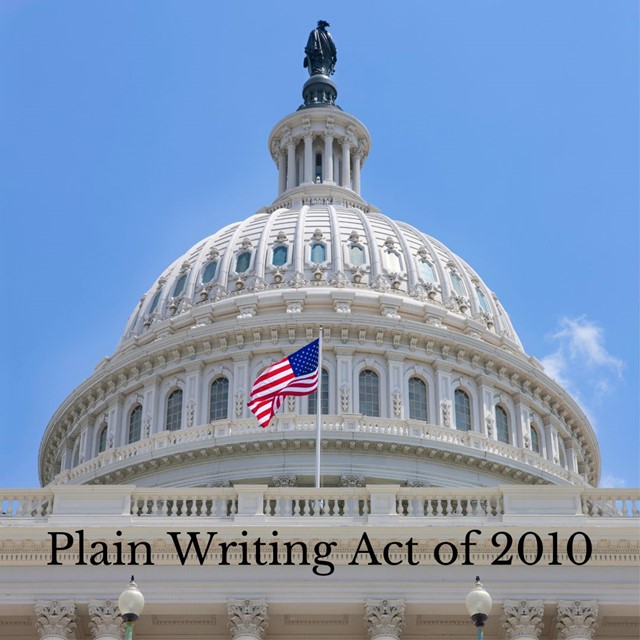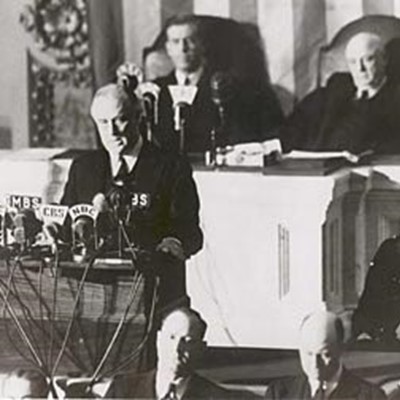
You may be surprised to learn the U.S. government has made a commitment to writing information so it's easier to understand.
The Plain Writing Act was signed on October 13, 2010. It requires federal agencies to use clear government communication that the public can understand and use.
While we’ll reserve judgement on how well that's going 14 years later, we do like these ten principles the National Archives provides in pursuit of that goal:
The National Archives
Top 10 Principles for Plain Language
Plain language is clear, concise, organized, andappropriate for the intended audience.
- Write for your reader, not yourself. Use pronouns when you can.
- State your major point(s) first before going into details.
- Stick to your topic. Limit each paragraph to one idea and keep it short.
- Write in active voice. Use the passive voice only in rare cases.
- Use short sentences as much as possible.
- Use everyday words. If you must use technical terms, explain them on the first reference.
- Omit unneeded words.
- Keep the subject and verb close together.
- Use headings, lists, and tables to make reading easier.
- Proofread your work, and have a colleague proof it as well.
You can find all their Plain Writing resources at archives.gov/open/plain-writing






